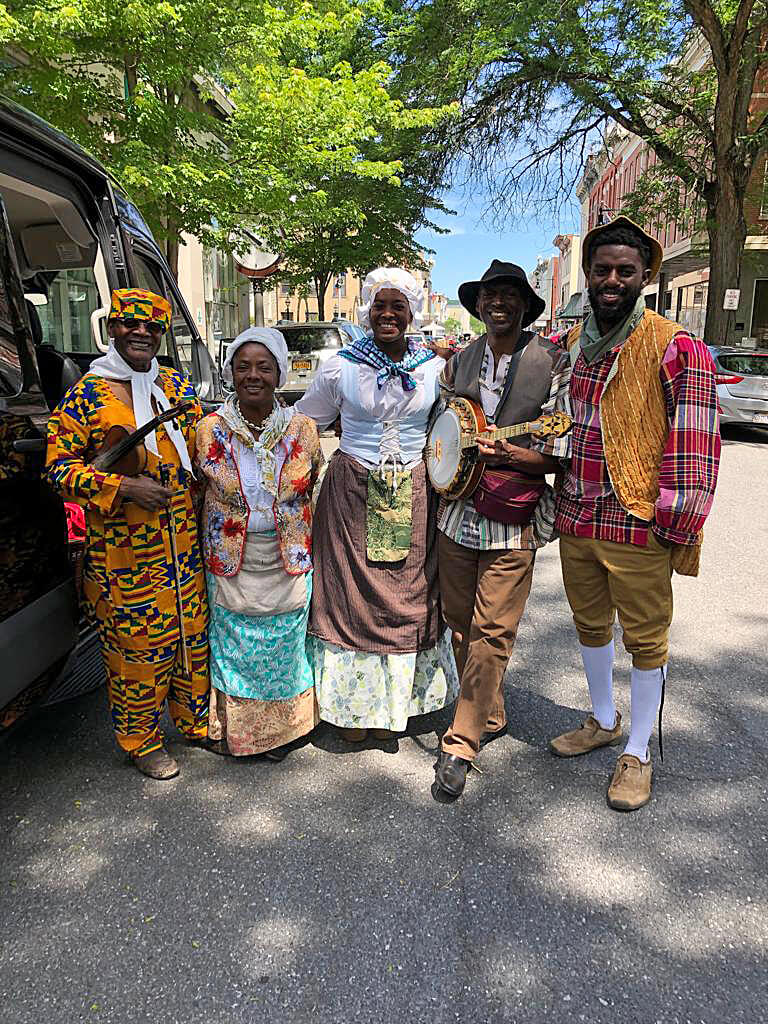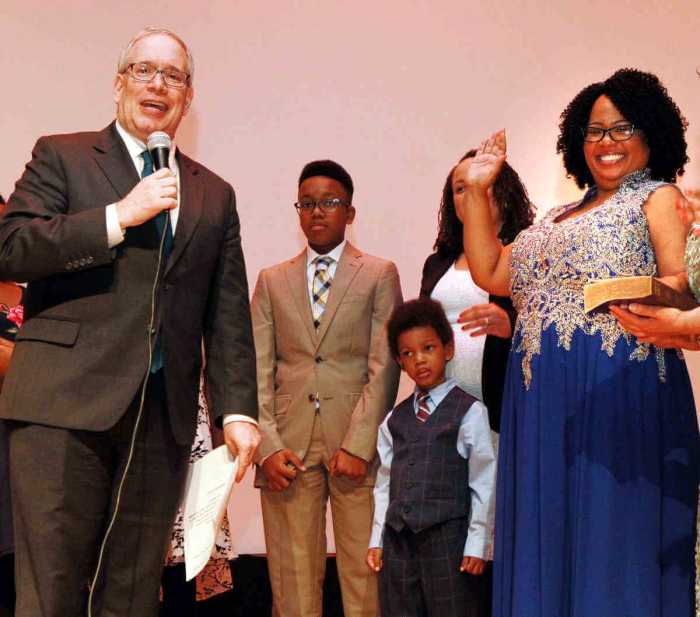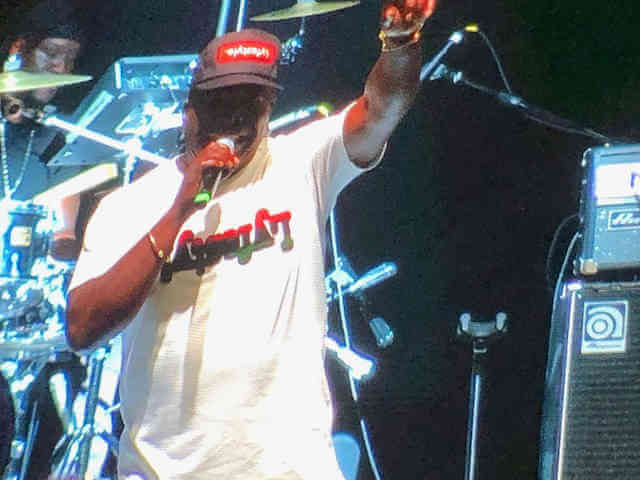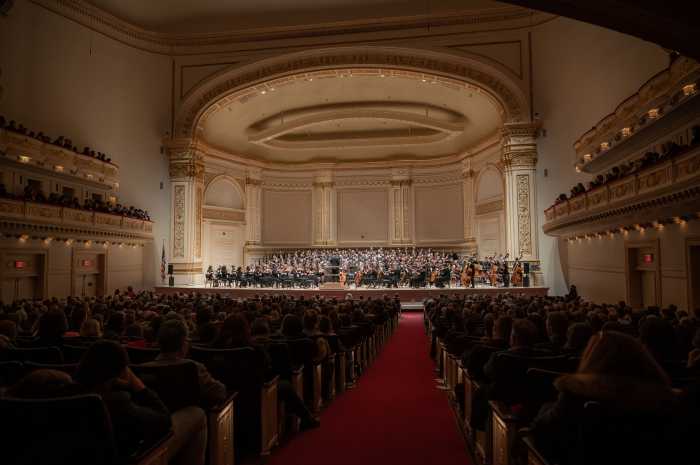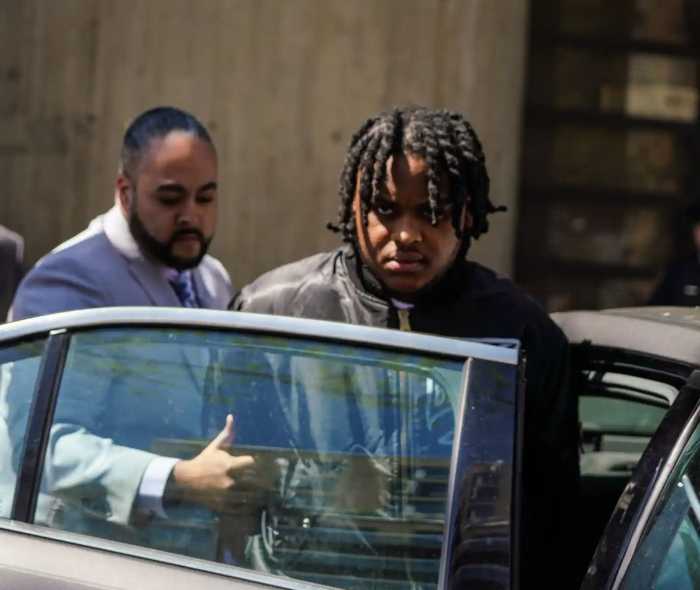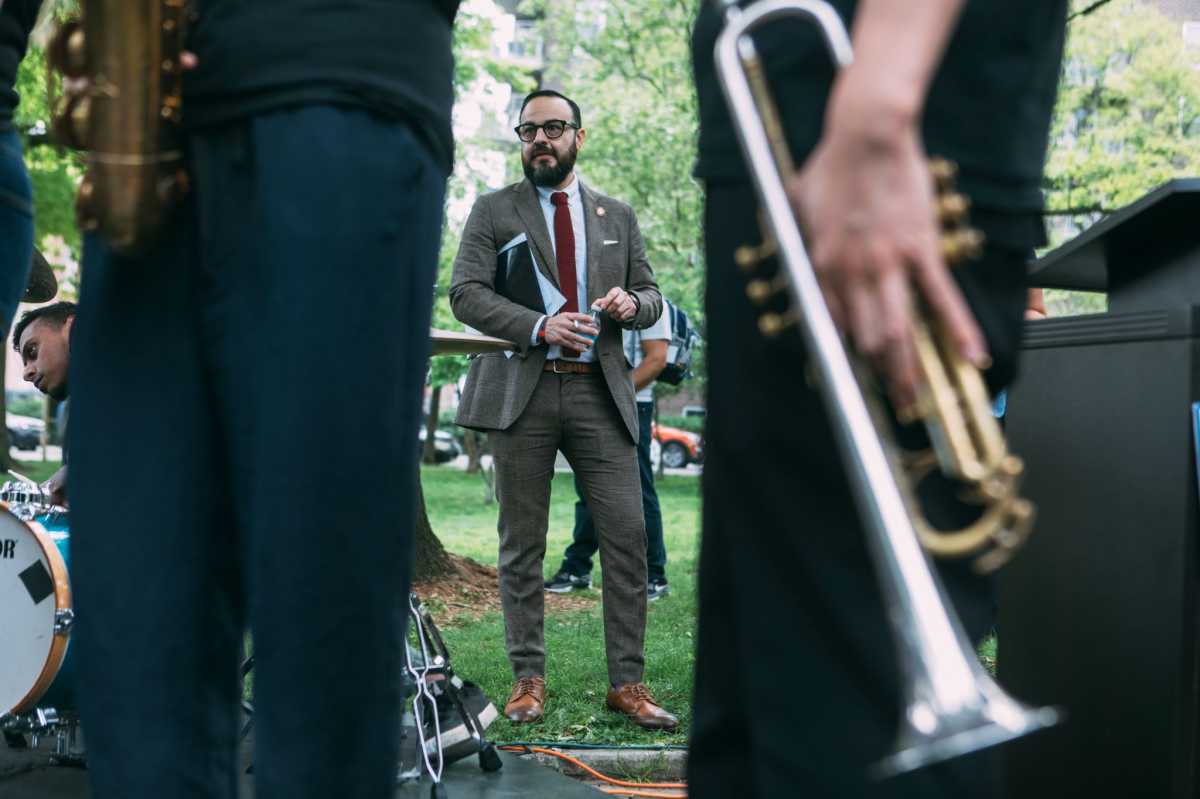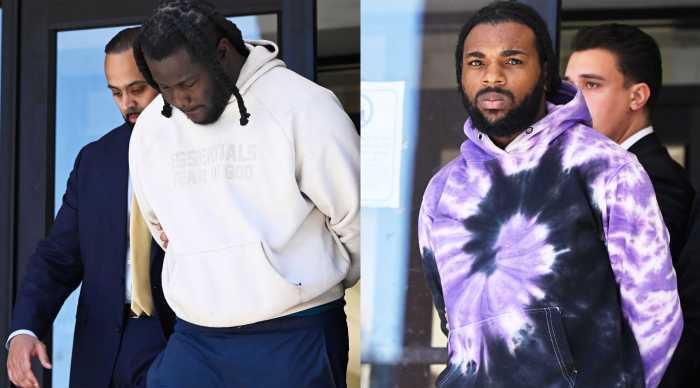Simultaneous to dedicating ocean front rituals to African ancestors in Coney Island, Brooklyn, cultural activists amassed in the borough’s Weeksville community recently to commemorate Pinkster, the alleged oldest Black holiday in America.
The name itself is Dutch interpreted to mean Pentecost, a period of religious and family celebration — therefore in New Amsterdam where many Netherlanders settled — Africans were freed from their routine chores and duties while their owners reveled.
According to Wikipedia: ‘Pinkster as an African-American celebration reached its height in New York between 1790 and 1810.’
The Dutch practice might not have been initially conceived to benefit captive Congolese or other stolen Africans, however in the absence of enslavers from farms and other workspaces, Africans regaled in nostalgia about their homelands on a continent faraway and familiar places they knew before they were taken across the Atlantic Ocean to slavery.
It is conceivable that during that period enslaved dwellers reflected on their demise, their past lives and even decided their future during the 1600s.
In time, the settlers and their slaves shared the holiday integrating elements from each to provide revelry and celebration for both.
Africans used mimicry to entertain their fellows. In addition, the community spectacle also parodied coronation of a king perhaps similar to one crowned to Dutch royalty and in many African kingdoms.
History claims that eventually the Dutch abandoned the notion of an annexed monarchy resulting with Africans owning a full-fledged celebration of their stolen continental dynasties.
Pinkster is not a declared state holiday in New York.
However, a museum in Sleepy Hollow preserves the legacy that bonds the Dutch and African traditions and a Hudson Valley fare has annually commemorated the freedom period.
Sports, parades and heritage festivals recreate the landmark celebrations which were held earlier this month in Albany and Kingston.
The Pinkster Players are integral to the reenactments and enlightening historical storytelling of the era.
At Weeksville Heritage Center in the Brooklyn community reputed for its 1838 acquisition by freed Africans who purchased the land 11 years after the abolition of slavery in New York, Lloyd C. Roberts, Marcha Tracey, Keith Morrison, Baba Neil Clark, Vesta Walker channeled real life Africans.
Draped in costumes replicating those Africans might have worn, each Player relate recollections of life on the continent.
The stories tug at the heart strings. Some invoke laughter.
At a juncture, a woman named Sarah first pours libation in tribute to the ancestors and explains her arrival from Madagascar. Throughout her monologue she introduces each of the characters, a king included.
That the ‘holiday’ is mostly regaled in New York, bears attention since here is where the Dutch made the most impact.
Sections of New Jersey also acknowledge the African cultural significance of Pinkster by spotlighting the northern phenomenon.
Perhaps, Juneteenth is afforded national attention because its genesis relates to the southern misdeed of denying emancipation information notification to captive Africans that slavery was abolished in 1865 or because all Blacks in America have roots from the south where Africans were sold into slavery.
Juneteenth highlights the Black freedom struggle in all of America.
Juneteenth will be celebrated as a federal holiday for only the second year on Sunday. On June 17, 2021, President Joe Biden signed the Juneteenth National Independence Day act into law making June 19, the Juneteenth emancipation holiday.
SHARPTON’S “LOUDMOUTH” DOC CLOSES FILM FEST ON JUNETEENTH
“I’ve been loud but I am proud,” Al Sharpton said about his emergence from community activism to national prominence and host of a national television program.
The preacher, consultant and family adviser was actually commenting on a documentary slated for premiere on June 19, Juneteenth.
Titled “Loudmouth,” the film will premiere on the closing date of the two-week Tribeca Film Festival, founded by actor Robert DeNiro. The documentary was produced by rhythm and blues legend John Legend in association with director Spike Lee.
It focuses on the host of MSNBC’s PoliticsNation, his emergence from leading a grassroots organization he named National Action Network, and highlights Sharpton’s controversial journey from media described “trouble maker” to mainstream media spokesperson.
The title probably alludes to a refrain repeated by Sharpton’s mentor James Brown whose hit recording chorused — “say it loud…I’m Black and I’m Proud.”
Sharpton now in quarantine after testing positive for coronavirus said he feels fine and is expected to partake in a Q&A session after the screening.
Catch You On The Inside!


